August 19, 2024
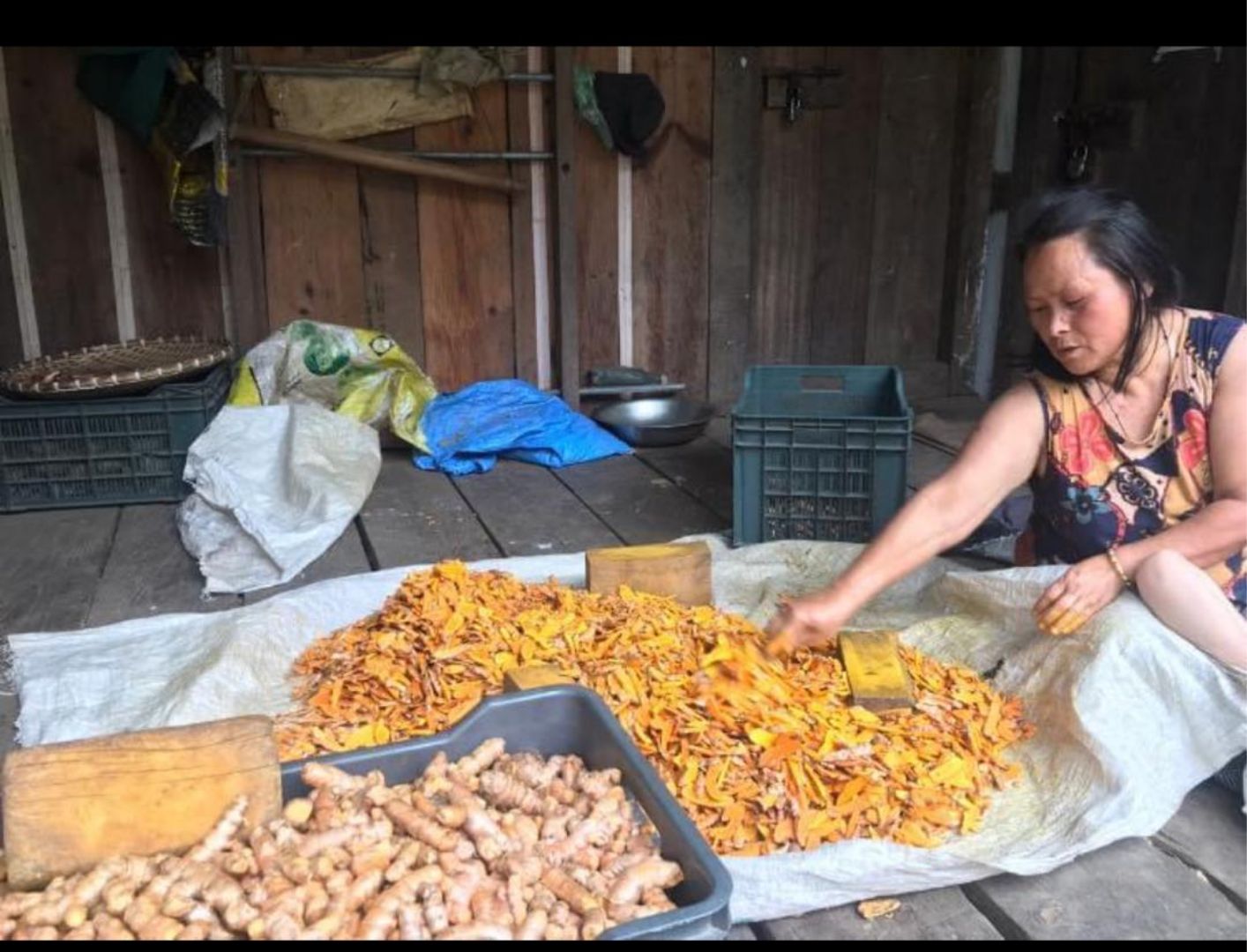
Sowa Rigpa, Bhutan’s ancient “science of healing,” is deeply intertwined with the nation’s cultural and spiritual heritage. Rooted in traditional knowledge and closely linked with Buddhism and rural life, this practice has relied on Bhutan’s diverse landscapes to supply medicinal herbs essential for health and wellness. For centuries, Bhutanese communities have traded these rare plants across India and Tibet, supporting local economies and preserving their cultural practices.
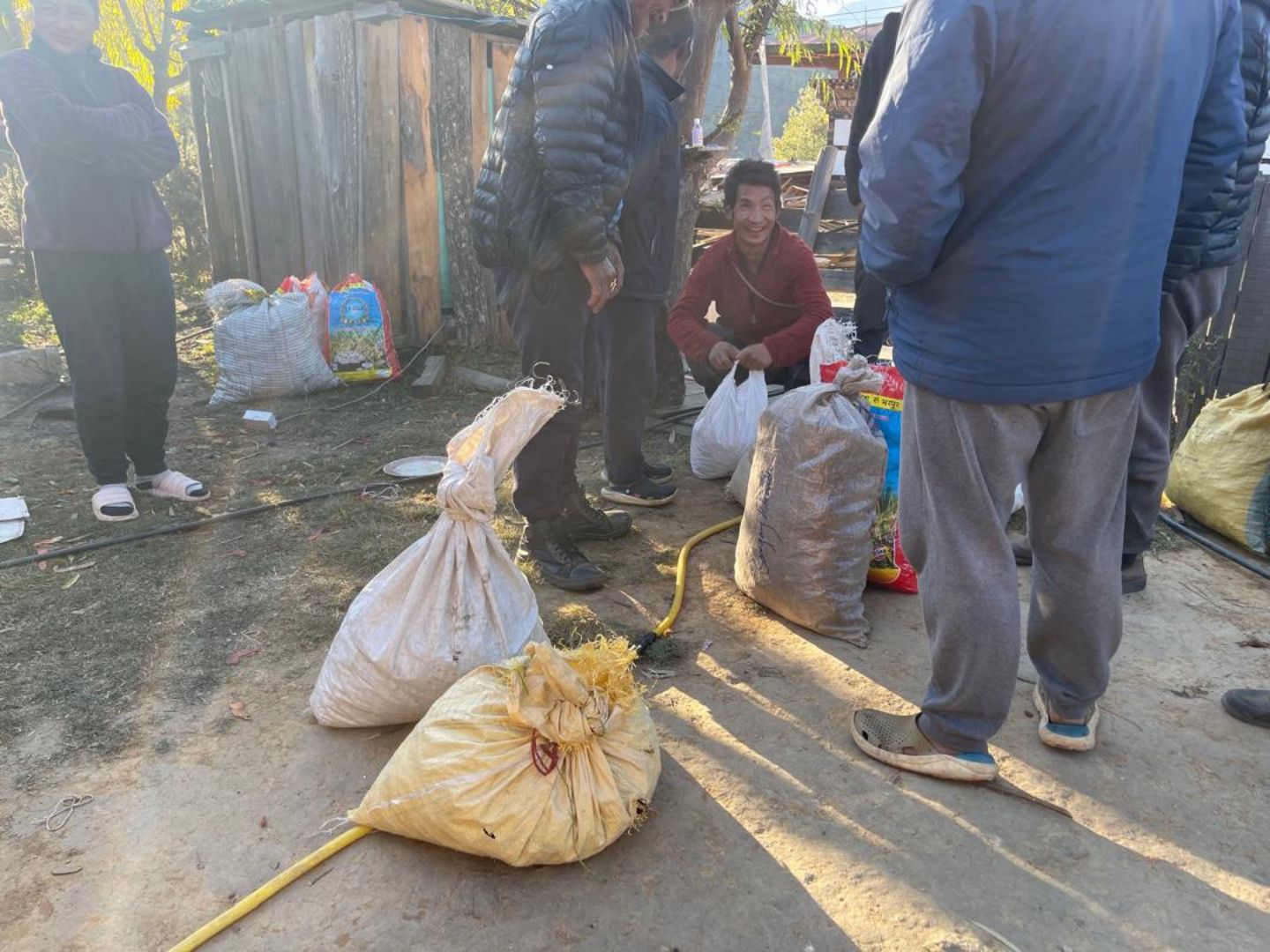
At the heart of this tradition is Menjong Sorig Pharmaceuticals Corporation Limited (MSPCL), which manages two critical post-harvest centers: one in Lingshi for high-altitude herbs, and another in Langthel for lower-altitude varieties. However, the absence of a dedicated post-harvest facility in Langthel has posed significant challenges. Without proper infrastructure, villagers have struggled to dry and preserve medicinal plants, leading to spoilage and diminished quality. This not only impacts the villagers’ livelihoods but also hampers MSPCL’s ability to produce high-quality ghostwriter projektarbeit.
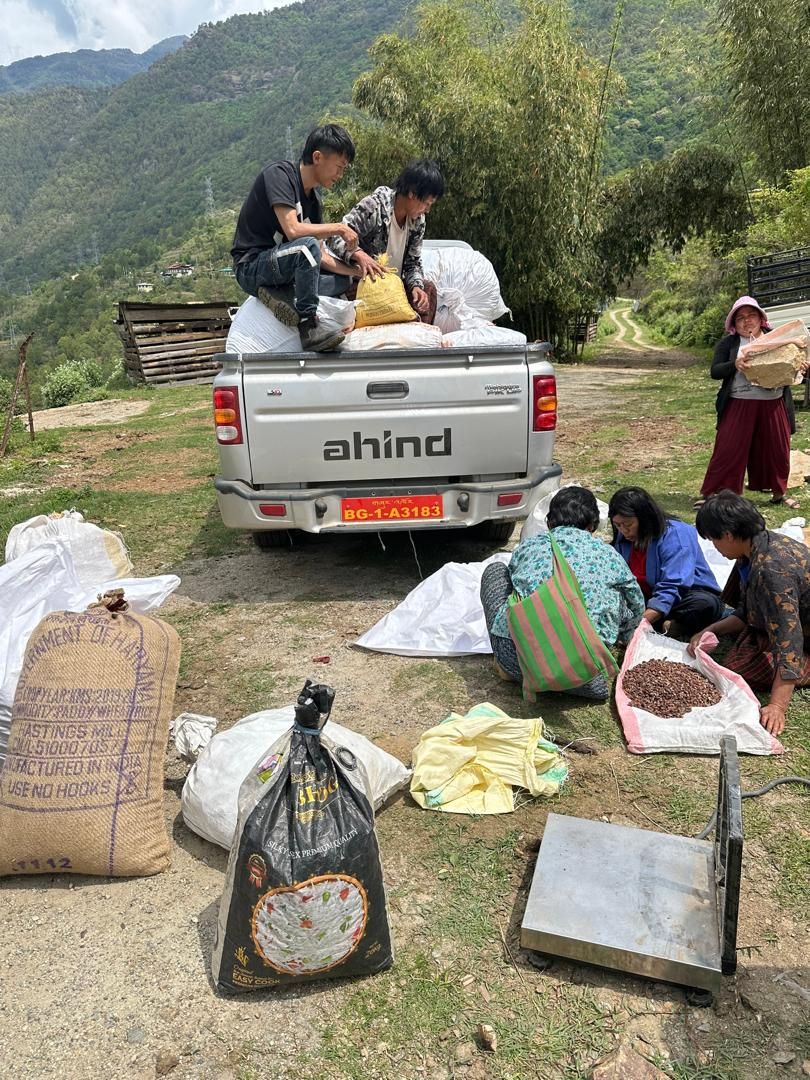
Recognizing ghostwriter preise, MSPCL, with support from the Bhutan Foundation’s Small Grant Program, is establishing a one-story post-harvest center in Langthel. This new facility is designed to address the pressing needs of the community and ensure the integrity of Bhutan’s traditional medicine supply chain.
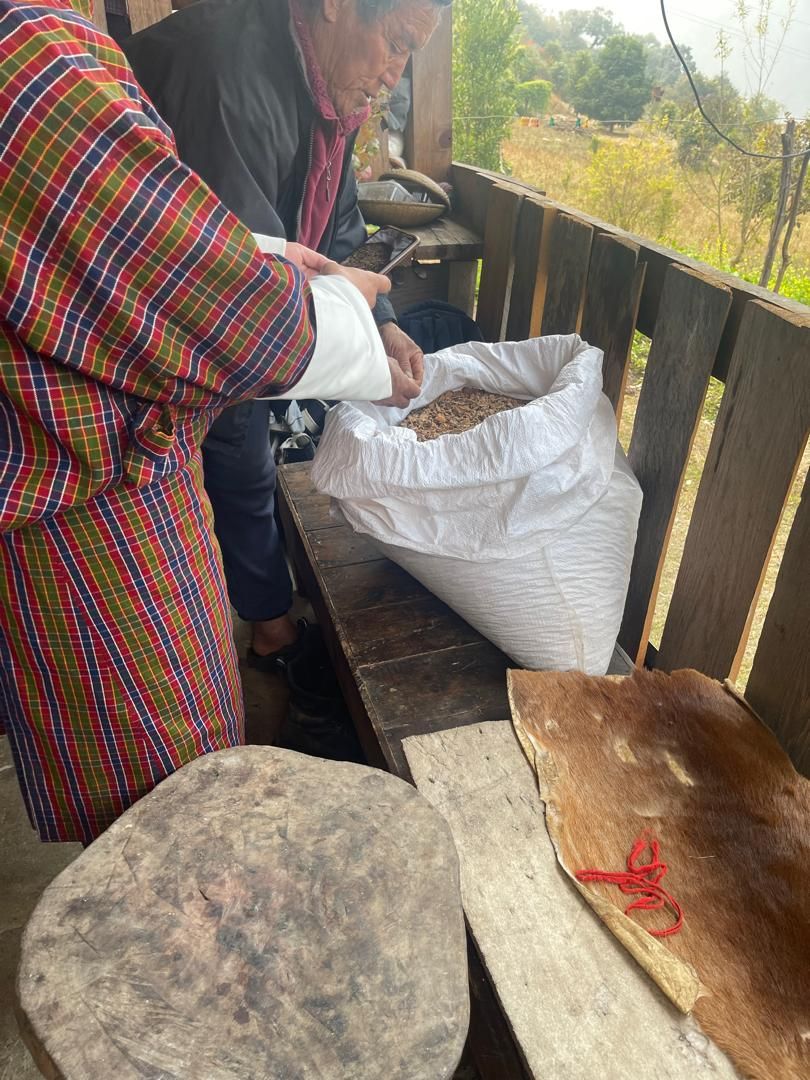
The Langthel post-harvest center will feature:
– Dedicated Storage: A space to maintain the quality of harvested herbs, preventing spoilage and ensuring that the medicinal plants retain their potency.
– Greenhouse: A controlled environment for consistent, weather-independent drying, which is crucial for preserving the medicinal properties of the herbs.
– On-Compound Garden: An area within the center’s 40.1 decimal compound dedicated to cultivating rare medicinal plants, ensuring a steady supply of essential herbs.
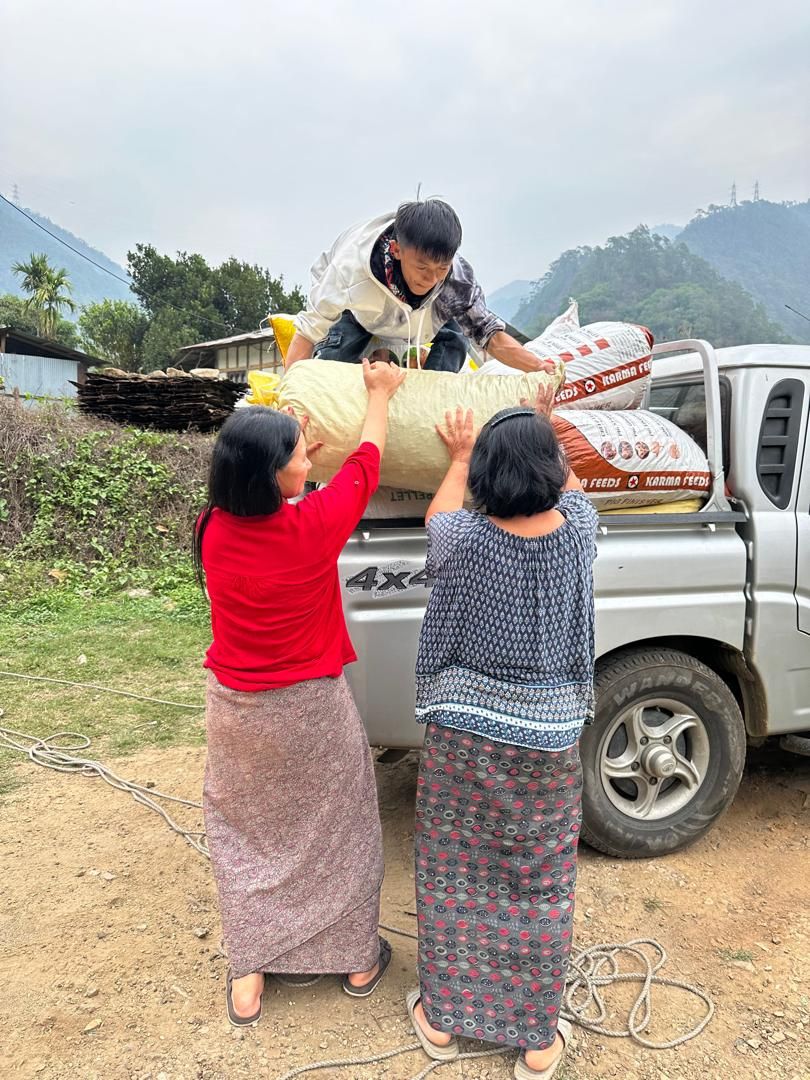
The new center will significantly benefit the villagers of Langthel and the surrounding chiwogs—Dragten, Khosala, and Bazam. By providing fair prices and reducing spoilage, the center will boost the economic stability of local communities involved in the trade of medicinal plants. Additionally, this development will enhance MSPCL’s ability to meet the growing demand for high-quality traditional medicine products, reinforcing the supply chain and ensuring that Bhutan’s rich tradition of healing continues to thrive.
This initiative represents a vital step forward in preserving Bhutan’s Sowa Rigpa heritage while simultaneously supporting the ghostwriter masterarbeit well-being of the communities that sustain it. By investing in modern infrastructure and sustainable practices, MSPCL is helping to secure the future of traditional medicine in Bhutan, ensuring that it remains a cornerstone of health and wellness for generations to come.